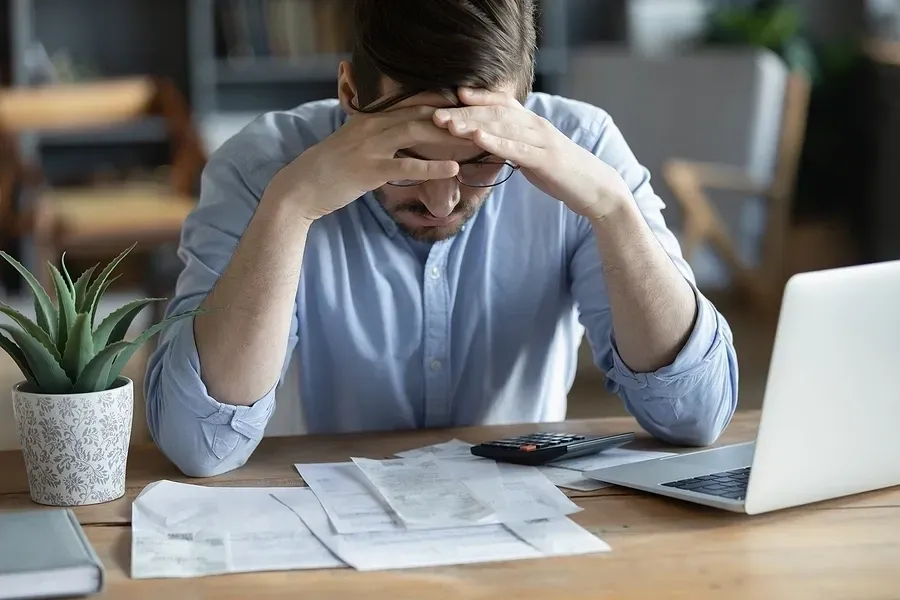Chapter 7 bankruptcy attorney in St Cloud Chapter 7 bankruptcy the simplest and most common type of bankruptcy. If you face financial hardships, it is possible that bankruptcy could help you to improve your financial situation. In this article, learn more about Chapter 7 bankruptcy and whether it might be the right next step for you.
What is Chapter 7 Bankruptcy?
Chapter 7 bankruptcy is a legal tool that allows you to discharge certain types of debts that you cannot pay. Chapter 7 bankruptcy helps many people get and stay out of debt while regaining financial control of their lives.
Many people file for bankruptcy because of some event that’s happened that’s created more debt than they could ever repay. Under Chapter 7 bankruptcy, the court system puts an automatic stay on your debts, which stops creditor calls, home foreclosures, or loss of utilities.
Then some of your personal property is liquidated to repay the debt before the rest of it is discharged.
Dischargeable Debts
Many different types of debts can be discharged through Chapter 7 bankruptcy. These include:
● Credit card debt
● Medical debt
● Unsecured loans, including personal loans and payday loans
● HOA fees
● Mortgages
● Auto loans
● Past due utility bills
● Civil judgments
Non-Dischargeable Debts
Some types of debts cannot be discharged in Chapter 7 bankruptcy. These include:
● Student loans
● Alimony
● Child support
● Tax liens
● Secured debts
This is not a comprehensive list of the types of debt that can and cannot be discharged. If you have questions about whether your debt can be discharged in Chapter 7 bankruptcy, consult with the experienced bankruptcy attorneys of Kain + Henehan for personalized guidance in your specific situation.
Chapter 7 Bankruptcy Eligibility
To be eligible for Chapter 7 bankruptcy, you must:
● Complete debt counseling with an approved agency
● Not have filed for Chapter 7 or Chapter 13 bankruptcy in the recent past
● Earn below a certain threshold or pass a means test
It is available to people who are under the median income in Minnesota and therefore don’t have to repay any money to their credit cards, medical bills etc. Most people that file a chapter 7 don’t lose any assets.
Chapter 7 Bankruptcy is a Fresh Start
This type of bankruptcy is very commonly referred to as the ‘fresh start’ bankruptcy. It wipes out most debt.
Chapter 7 bankruptcy puts an immediate stop to all collections activity, including phone calls, billing, foreclosure, car repossession, and garnishment and levies.
Chapter 7 vs. Chapter 13 Bankruptcy
There are two types of bankruptcy that generally are for consumers. Chapter 7 bankruptcy liquidates your debts and some of your personal property. You don’t have to repay your debts or negotiate a repayment plan.
Chapter 13 bankruptcy is sometimes referred to as reorganization. It involves a repayment plan over the course of three to five years. If you keep up with your payments as outlined in the plan, creditors cannot harass you. The payment plan is not developed by the Judge or your creditors. The plan is developed by Kain + Henehan bankruptcy attorneys and you.
Chapter 13 bankruptcy is best for people that make over the median income in Minnesota and don’t qualify for a chapter 7 bankruptcy. It’s also available to people with any type of income that have fallen behind on rent, mortgage or car payments or have tax debt to work out.
Is Chapter 7 Bankruptcy Right for You
Filing for bankruptcy is a major decision that should never be taken lightly. At Kain + Henehan, we recommend you take advantage of our free 60 minute consultation first. We will review with you what to consider when filing for Chapter 7 bankruptcy. It may be the step you need to set your life on a better track financially. Some things to consider:
● If your dischargeable debts are more than 50% of your annual income
● If it would take 5 or more years to pay off your debt
● If Creditors are harassing you and/or have started garnishing your wages
● If you have stress from being in debt which is impacting your ability to sleep, work, or maintain healthy interpersonal relationships
● If you don’t have any disposable income, even when following a strict budget
● If you earn less than the median annual income in Minnesota
Contact Minnesota Bankruptcy Lawyer
If you’re ready to find out more about getting a fresh start bankruptcy and your options, contact Kain + Henehan by calling (612) 438-8006 or filling out the online form. We’re here to help you with compassion to navigate the paperwork and legal processes associated with your bankruptcy filing.

